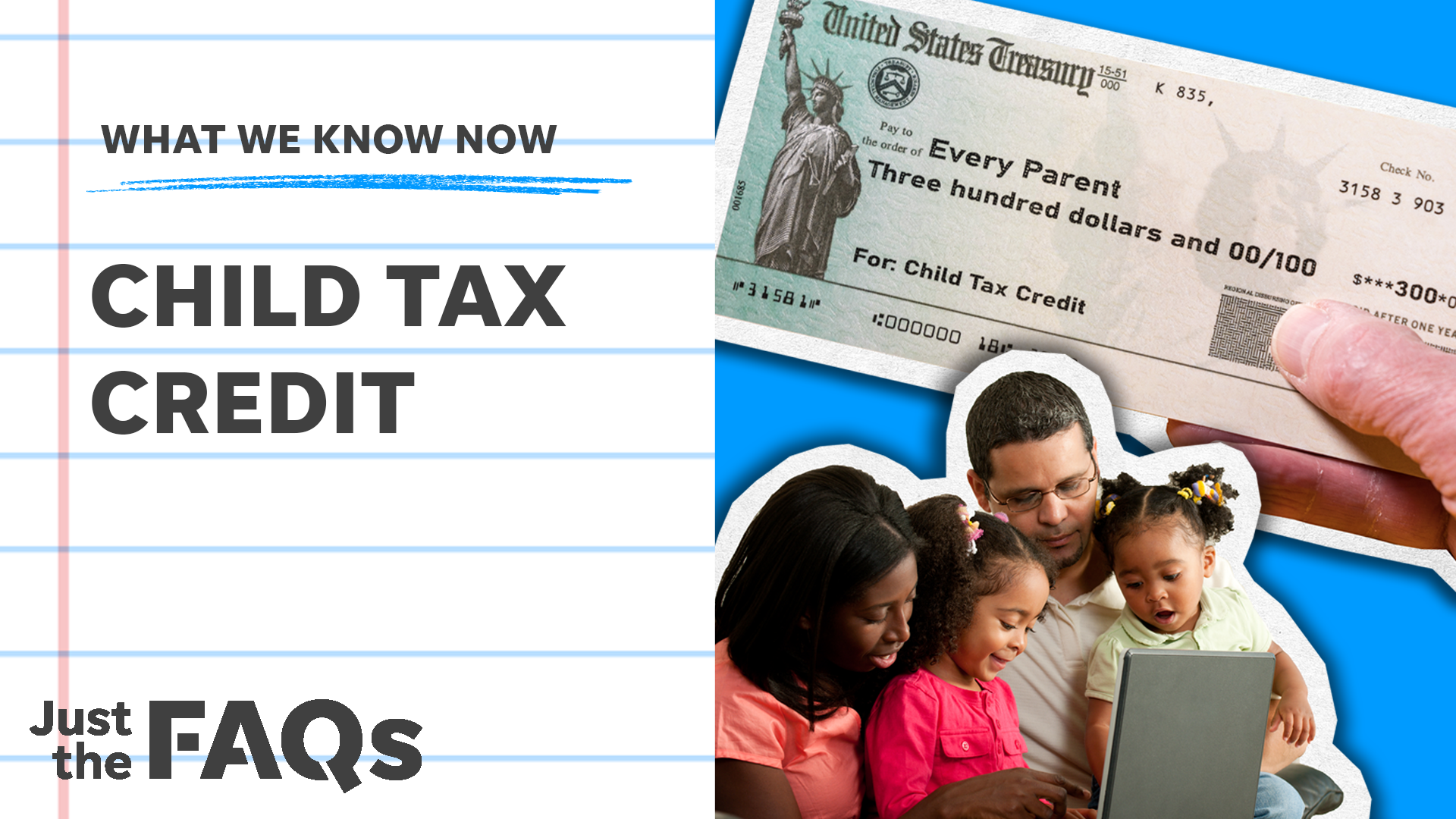Scammers set their sights on child tax credits: How to recognize the signs and avoid them

The American Rescue Plan has done a good job of helping the economy recover from the impact of the pandemic, namely by putting $1,400 stimulus checks into Americans' bank accounts. But unfortunately, some of that money may have landed in the wrong hands.
Americans have lost a combined $488 million to criminal activity in the course of the pandemic, reports the Federal Trade Commission (FTC), and around 327,000 people filed fraud complaints between January 1, 2020, and July 8, 2021. On a per-person basis, that amounts to an average loss of $366 – a sum many people can't afford to part with at a time like this.
Meanwhile, beginning this month, the IRS will start sending out installment payments for the newly expanded Child Tax Credit. Those payments will be worth up to $300 per child and will arrive on a monthly basis between July and December.
Criminals will no doubt want to get their hands on that money. Here's how to avoid being a victim.
► Monthly child tax credit payments start rolling out: Here's what to know
► Putting the money to good use: A monthly child tax credit will pay for food for this family
Know the red flags
It's common practice for criminals to use scare tactics to get consumers to divulge sensitive information that can be used to steal their money or engage in other forms of theft. As such, it's important to be mindful in the coming weeks and months as Child Tax Credit payments start to roll in.
As a general rule, the IRS will not call, text, or email you out of the blue to inform you that there's a problem with your bank account and that you'll need to take action to get the money you're entitled to – so don't respond to any message along those lines. Chances are, it's coming from a scammer who can't wait for you to share your banking details so they can go in and access your funds.
You should also know that the IRS can't threaten to withhold your money or force you to pay a fee to access it. If you get a call stating that your money is being held up until you wire funds to a specific account, don't do it. That wire is apt to end up in a criminal's account.
Another thing you should know is that your Child Tax Credit payments will arrive in equal monthly installments over the next six months, and the remainder will come your way as a lump sum payment in 2022. There's no fee you can pay or service you can use to get your money sooner. So if someone calls offering up that option, run the other way.
Finally, the IRS will never ask you to purchase gift cards in exchange for unlocking your Child Tax Credit funds. Criminals love gift cards because they're difficult to trace, and you may get a call demanding that you send a gift card to a specific email or physical address to gain access to your payments. Do not do it.
Unfortunately, criminals will stop at nothing to scam innocent people out of their money. It happened when stimulus checks went out, and it's apt to happen again now that Child Tax Credit payments are in the works. Knowing how to spot a scam will help you avoid falling victim to one. At the same time, if you are contacted by a criminal, contact the FTC so it can investigate and perhaps spare another person from losing out financially.
► Could child tax credit be here to stay? Biden administration wants to permanently extend Child Tax Credit expansion past the end of 2021
► Child tax credit warning: Don't keep spending once that money's gone
Top credit card wipes out interest until 2023
Offer from the Motley Fool: If you have credit card debt, transferring it to this top balance transfer card can allow you to pay 0% interest into 2023! Plus, you'll pay no annual fee. Those are just a few reasons why our experts rate this card as a top pick to help get control of your debt. Read our full review for free and apply in just 2 minutes.
We're firm believers in the Golden Rule, which is why editorial opinions are ours alone and have not been previously reviewed, approved, or endorsed by included advertisers. The Ascent does not cover all offers on the market. Editorial content from The Ascent is separate from The Motley Fool editorial content and is created by a different analyst team.The Motley Fool has a disclosure policy.
The Motley Fool is a Paste BN content partner offering financial news, analysis and commentary designed to help people take control of their financial lives. Its content is produced independently of Paste BN.